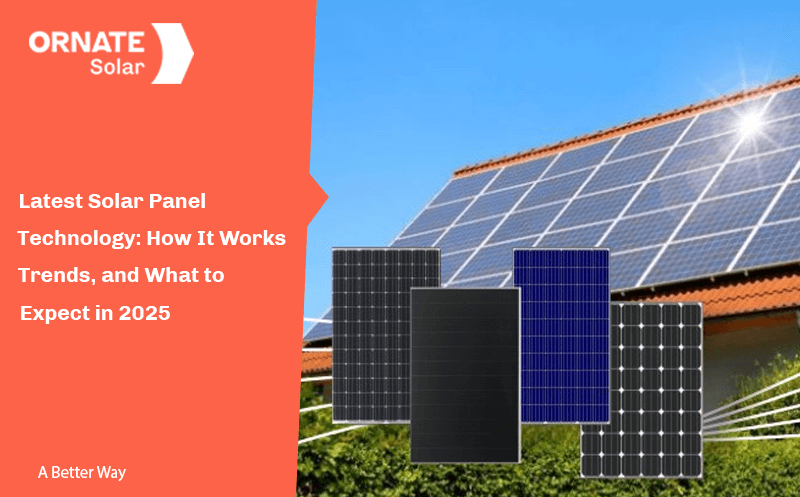

The world’s solar revolution is accelerating at a record pace. In 2024, global electricity generation from solar PV grew by 475 TWh — the largest-ever annual increase for any energy source. Installed capacity surged to a new high with 597 GW added worldwide, a 33% jump over 2023.
From advanced materials like perovskite-silicon tandems to smart, AI-driven power systems, the latest solar panel technology is redefining how we capture and use sunlight.
This guide will break down how solar panels work, explore cutting-edge solar cell innovations, and highlight 2025’s top trends shaping the industry.
Types of Solar Panels in 2025
| Type | Efficiency Range | Best Use Cases | Lifespan |
|---|---|---|---|
| Monocrystalline | 20–25% | Limited space, high efficiency needs | 30–40 years |
| Polycrystalline | 18–21% | Budget-friendly, ample space | 25–35 years |
| Thin-Film | 10–19% | Lightweight, flexible installs | 15–25 years |
| Bifacial | +10–30% gain vs mono | Ground-mount with reflective surface | 30+ years |
| Perovskite-Silicon Tandem | 29–34% (lab) | High-performance, emerging market | TBD |
Breakthrough Innovations in Solar Panel Technology
1. Heterojunction (HJT) Solar Cells
- Combine crystalline silicon with thin-film layers for higher efficiency.
- Lab record: 26.8% efficiency; commercial average: 23–25%.
- Better low-light performance and reduced degradation over time.
2. Perovskite Solar Cells
- Capture light from both sides, delivering up to 30% more energy in reflective environments.
- Growing use in large-scale ground-mounted projects.
3. Bifacial Solar Panels
- Flexible, lightweight, and low-cost to produce.
- Tandem perovskite-silicon modules have reached 29.2–34.85% in 2025 lab tests.
- Main challenge: durability — research is extending stability toward 25-year lifespans.
4. Floating Solar (Floatovoltaics)
- Installed on reservoirs or lakes, they improve efficiency (by ~10–15%) thanks to natural cooling.
- Reduce evaporation and land usage.
5. Transparent Solar Panels
- Generate electricity while letting light pass through.
- Ideal for BIPV applications like building windows, facades, and greenhouses.
6. Quantum Dot Solar Cells
- Use nano-sized particles to absorb a wider light spectrum.
- Lab efficiencies now at 18.1%, with theoretical limits above 60%.
Why These Advancements Matter
- More Power per Square Foot – Higher efficiency means smaller systems can deliver the same output.
- Lower Costs – Solar module prices dropped over 80% in the last decade, with further declines expected.
- Faster Payback – Commercial solar projects in India now often pay back in 3–4 years.
- Sustainability Gains – New tech shortens energy payback time to as little as 1–2 years, with improved recyclability.
- Resource Efficiency – Bifacial, floating, and transparent panels expand usable space without competing for prime land.
Trends to Watch in 2025 and Beyond
- Commercialization of Perovskite-Silicon Tandems – Scaling from labs to rooftops.
- Domestic Manufacturing Push – Governments investing in local cell and module plants for energy security.
- Smart Grid & Blockchain Integration – Enabling peer-to-peer energy trading and better load balancing.
- Circular Solar Economy – Growth in recycling facilities to reclaim high-value materials like silver and silicon.
Frequently Asked Questions (FAQ)
Conclusion
The latest solar panel technology is transforming the energy landscape with unprecedented efficiency, smarter integration, and more diverse applications. From HJT and perovskite tandems to AI-powered grids, the next generation of solar cells is making clean power more accessible and affordable than ever.
About Ornate Solar
Ornate Solar is a leading solar company with 10 years of experience in the industry and the mission to reimagine the way solar is installed worldwide.
By not only partnering with the best-in-class solar brands but also developing our high-quality solutions (panels, inverters, accessories), we develop and deliver solutions that are modern, reliable, and effective.
Ornate Solar is also a trusted BESS manufacturer in India. We have developed UnityESS, an advanced energy storage solution to provide reliable power and energy independence.
We have developed India’s first Solar roof system. Ornate InRoof is a roof made out of solar panels, which is leak-proof and looks aesthetically pleasing.
If you are looking for high-quality solar solutions, reach out to us at 1800 2026 252 to discuss your options.


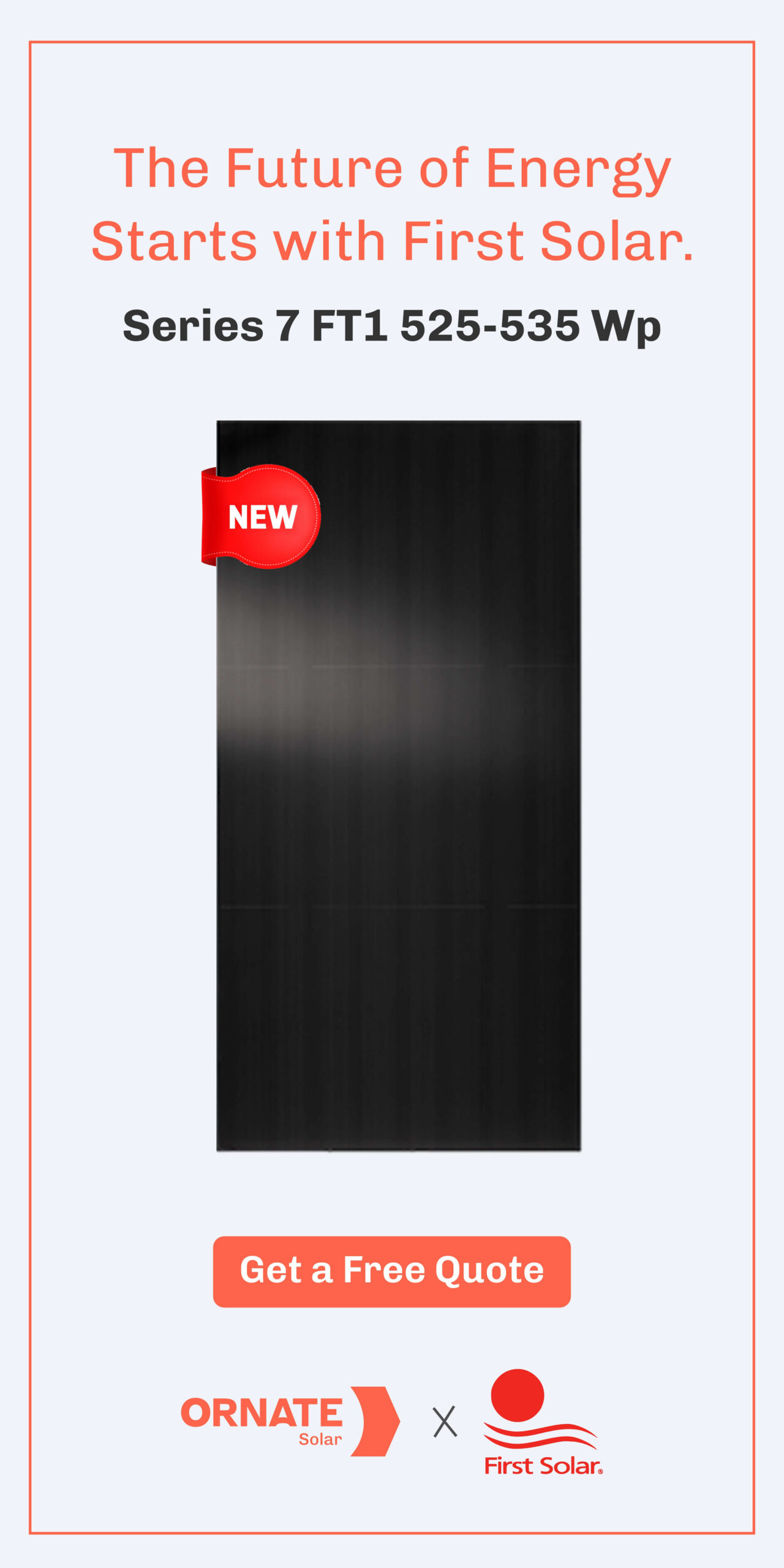


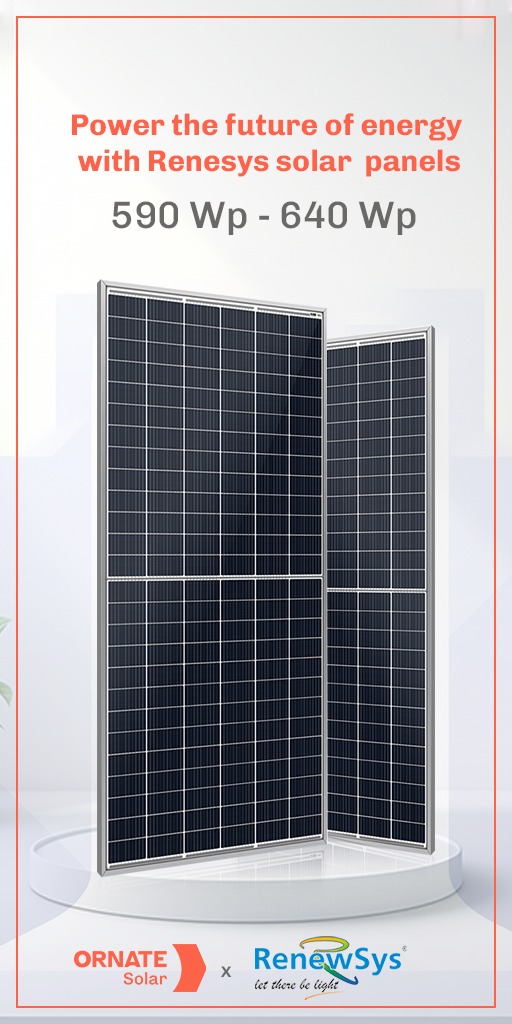

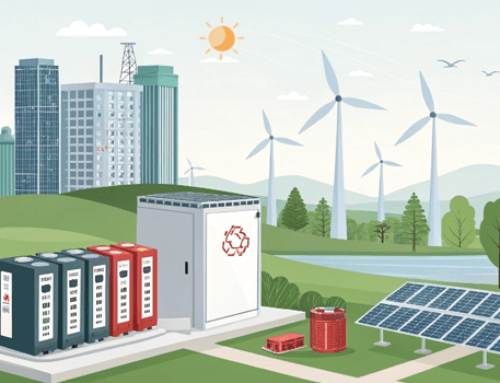
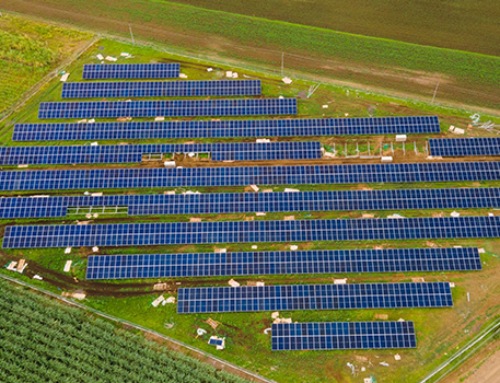

Leave A Comment